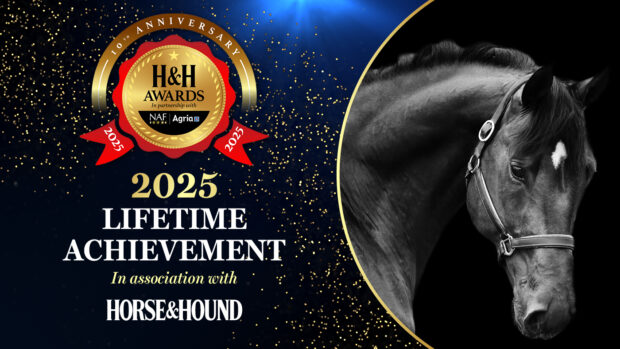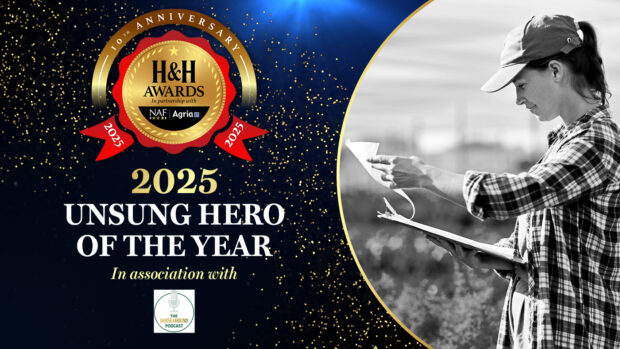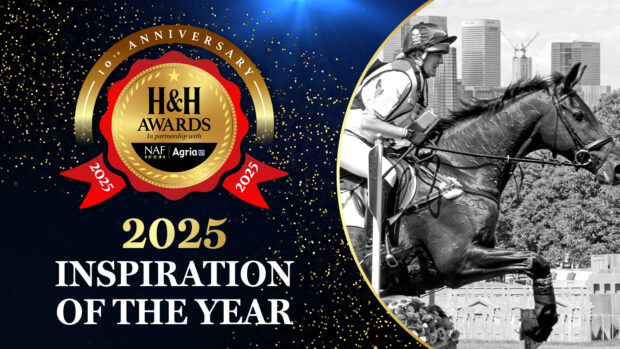The Animal Care College has introduced a new distance learning course about equine psychology
Using equine psychology to improve performance has become increasingly popular since the introduction of alternative training methods by equine behaviourists such as Monty Roberts, Richard Maxwell, Michael Peace and Pat Parelli.
This growing interest in equine psychology has prompted the Animal Care College (ACC), which specialises in open learning courses about animals, to introduce a range of equine psychology courses for amateur horse owners and professional students alike.
The course has three levels – introduction, intermediate and advanced – with four units at each level. Each unit includes an introduction to the subject, a reading list and a number of questions to be answered. The questions will require some individual research by the student.
Professional animal behaviour specialists/lecturers Martin Scott and Gael Mariani are responsible for the course’s content. Martin and Gael use psychology and natural therapies to help animals, including horses, which are suffering from emotional or psychological trauma. They have worked with horses in many countries around the world and have their own teaching centre in Canada.
“The ACC course encourages the student to examine behavioural problems in the wider context of the horse, its ethology, its living habitat, and so on,” explains Gael. “The goal is to produce graduates who can solve behavioural problems by finding and curing the cause of the problem, creating a happy horse which is also well-behaved.”
The foundation level units cover:
- The history and evolution of the horse
- Understanding the horse’s basic nature
- The horse as a social animal
- Structure of the herd unit
- The horse’s life in the wild
- Development of the foal
- Human’s use of the horse through history
- The changing relationship of horse and man
- The artificial environment of the domestic horse;
- The future of the horse
- Learning to think like a horse
- Equine body language
- Forming a partnership with your horse
- The effects of human stress on the horse
The intermediate course units cover the horse’s senses, equine intelligence, how horses learn and common behavioural problems. The advanced course is aimed at professional students planning to work as an equine psychologist and looks at communication between horse and humans, the therapeutic scope of the equine psychologist, dealing with abnormal behavioural problems and advice on helping other horse owners with problem horses.
One level costs around £195 + VAT with every student assigned an individual tutor who can be contacted via phone or email for support and advice.
“Correspondence courses have becoming increasingly popular since we launched in 1980,” says David Cavill of the Animal Care College. “We are sure the new equine courses will be no exception and expect to expand our range in the near future.”
To find out more contact The Animal Care College (tel: 01344 628269) or visit www.animalcarecollege.co.uk
Read more equine courses:




